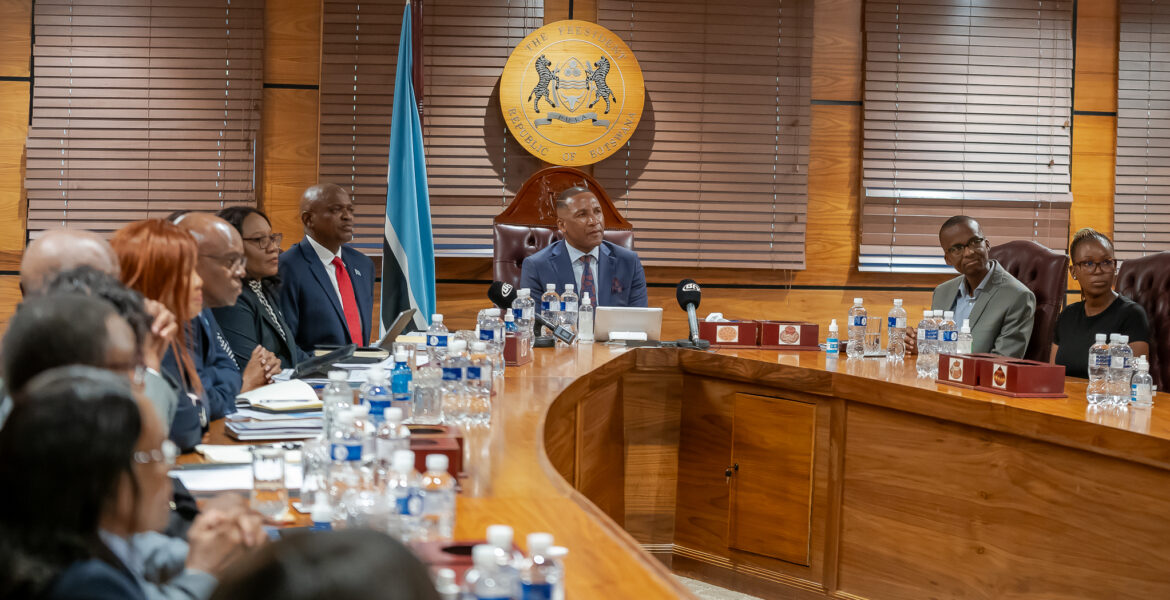
The United Nations Committee Against Torture has raised serious concerns about recent amendments to Botswana’s Ombudsman Act, cautioning that the changes threaten to undermine the autonomy and credibility of the country’s key human rights body.
In a statement issued this week, the Committee underscored that the revised legislation fails to meet internationally accepted benchmarks concerning the independence, impartiality, and operational effectiveness of national institutions tasked with safeguarding human rights.
“The Committee is concerned that the amended Ombudsman Act does not comply with the Paris Principles,” the UN body stated, referring to the internationally recognized framework that defines the minimum standards required for national human rights institutions to be considered credible and effective.
According to the Committee, the changes grant excessive executive influence over the appointment and tenure of the Ombudsman, raising fears of political interference in matters that require impartial and independent oversight.
“The Committee notes with concern that the procedure for appointing the Ombudsman allows for potential interference by the executive branch, which may compromise the independence of the institution,” it said.
Human rights advocates within Botswana and across the region have echoed the UN’s criticism, warning that the weakened structure could erode public confidence and reduce the body’s ability to investigate abuses without fear or favour.
The Committee has called on the Government of Botswana to revise the amended Act to ensure full compliance with the Paris Principles and to strengthen safeguards that protect the Ombudsman’s institutional autonomy.
It further urged the authorities to engage in transparent consultations with civil society and international stakeholders when drafting any future reforms to human rights-related legislation.
As Botswana continues to present itself as a model of democratic governance in Southern Africa, the UN’s remarks may intensify scrutiny over its commitment to upholding the rule of law and the protection of civil liberties.



